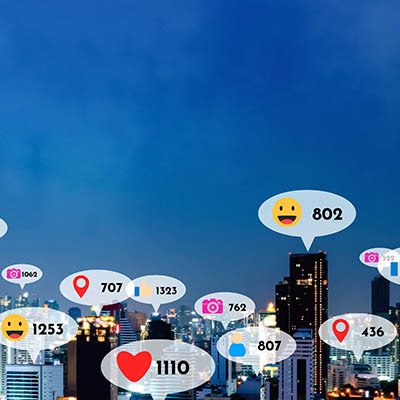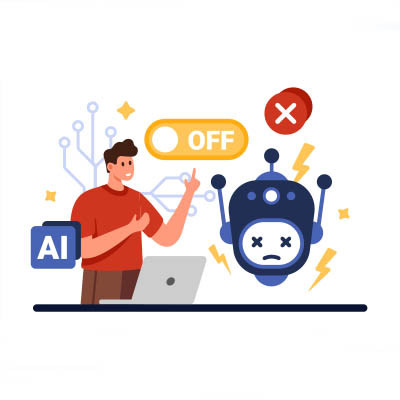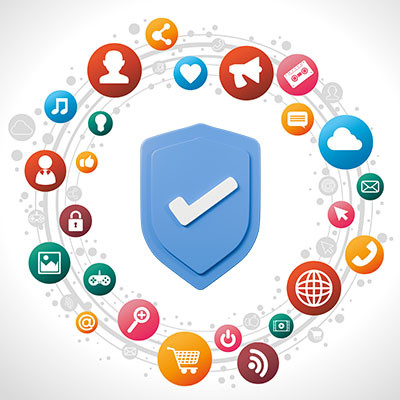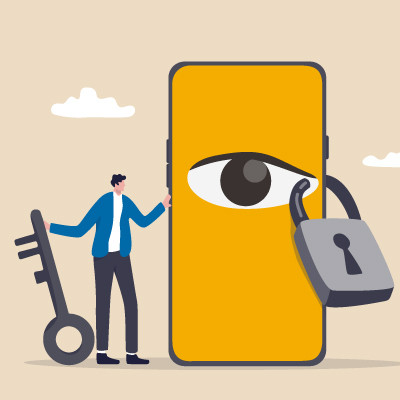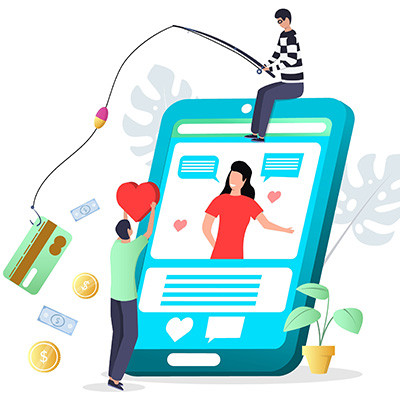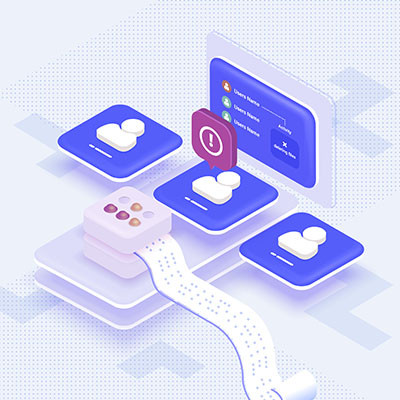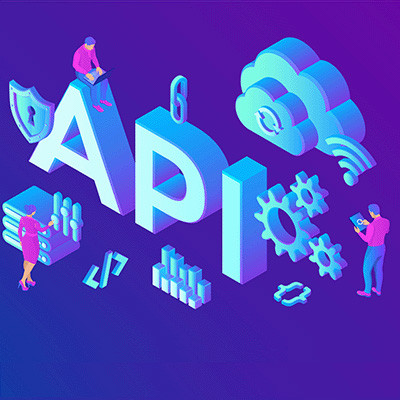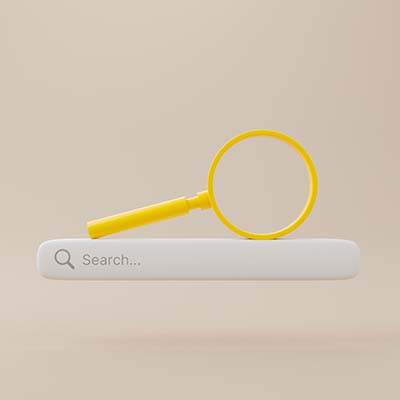Unless you’ve been living off the land in the wilderness for the past couple of decades, you’ve heard of Facebook, Twitter (now X), and Instagram. Most people have some type of social media presence on one or all of these platforms (or at least on LinkedIn, TikTok, or YouTube). Many businesses once used or currently use these platforms as a part of their marketing efforts, and despite being billion-dollar companies, there are some serious concerns about the viability of these platforms going forward. In this week’s blog, we will discuss some of the problems people are having with these established social media platforms and how alternatives might just be the future of social media.
PC PLACE Blog
Bluesky is the new kid in town regarding social media platforms, which means that most users may not have a significant following on it yet… and new users may not be following many at all. However, a few baked-in options make it much simpler for the latter to curate their experience on the platform.
Let’s go over how a user can find new accounts to follow on Bluesky.
Last week, we discussed why X—the social media network once known as Twitter—has been losing many users. Here, we wanted to direct those seeking a move to consider the up-and-coming platform known as Bluesky in case you were one of those jumping ship.
Let’s talk about how Bluesky operates, including how to sign up.
X The Everything App®, formerly Twitter, has been experiencing a massive user loss for the past few weeks, with everyone from celebrities to average people evacuating from the platform. If you wish to join them for any reason, we’re sharing the process for fully extricating yourself and your data from this specific social media network.
Artificial intelligence is everywhere, and it is making data more valuable than ever. This is because AI platforms rely heavily on data to function effectively. Many platforms and services collect data from their users to fuel these algorithms. LinkedIn has recently been found to do this—by default—without properly informing its users or updating its terms of service.
You can do everything in your power to secure your social media accounts and lock down your privacy settings. Still, at the end of the day, social media users expose themselves to a torrent of information and content every time they log on. As a civilization, we’ve never really had something like this before. These platforms curate content that the user wants to see to keep the user coming back and staying longer. It’s inherently designed to be enticing and addicting, which is dangerous for certain individuals.
Then, there are scams and an endless stream of grifts that pose a wide range of additional problems for users.
Let’s talk about ways you and those you care about can be safer on social media.
Social media is constantly evolving, and if the big social networks had it their way, it would be the only place people go when they log onto the Internet. Whether you have strong feelings for or against social media, or perhaps you are indifferent, it’s important to understand how to protect yourself when using social media.
Businesses need a certain degree of good fortune to continue to grow in the manner in which they project when they hang out their shingle. With so many businesses failing after a very short time, taking advantage of the opportunities you’re given is extremely important. In this month’s newsletter, we’ll go through some of the things that a business can do to take better advantage of some opportunities.
In the relatively short time it has been around, social media has fully ingrained itself into our lives, personally, professionally, and socially. While there are considerable benefits to be had in all of these areas, it is also undeniable that social media can easily become overwhelming and negatively impact us. For this reason, occasionally taking a break from social media isn’t a bad idea. Let’s go over a few ways to make this break as successful and effective as possible.
Social media scams encompass fraudulent activities and deceptive schemes that occur across various social media platforms. These scams target users on platforms like Facebook, X (formerly Twitter), LinkedIn, and numerous others, irrespective of their age or background. They exploit individuals' trust, curiosity, or lack of awareness. Social media scams manifest in various forms, and the following are some common examples.
There’s no question that most of the companies that we interact with nowadays capture and share data. Many of them package them up and sell them to marketing companies that follow users around the Internet. Too many people don’t know how to keep from oversharing their personal information and it can have negative effects on their lives. This week, we thought we’d give you some tips on how to keep your personal data from getting needlessly exposed.
In December of 2021, Twitter suffered from a vulnerability related to one of its APIs. In July of the following year, 5.4 million users had their data leaked, as a result of this vulnerability, and put on sale through the black market. Another hacker has recently put this data up for sale, proving that these API attacks are quite problematic not just for big social networks like Twitter, but all businesses.
Most everyone uses a search engine, whether it’s Google or one of the others out there; although the statistics about whether or not you use Google are more than a little skewed in Google’s favor. Why is it such a popular tool, and what other options are out there for the enterprising Internet user?


